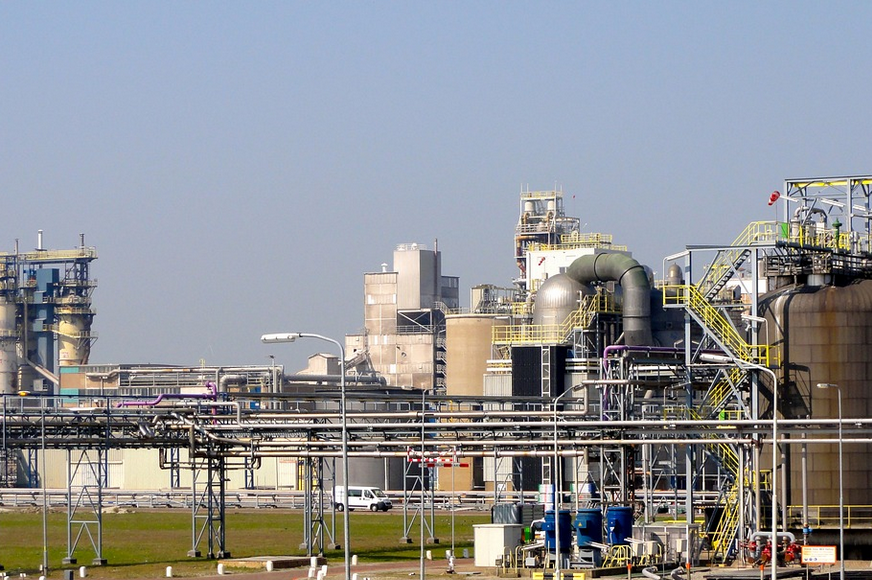What is Ibogaine?
Ibogaine is a natural substance found in the root bark of the iboga plant, which is native to West Africa. It has been used for centuries by the Bwiti people for spiritual and medicinal purposes. Ibogaine has gained popularity in recent years as a potential treatment for drug addiction, including alcohol addiction.
How Does Ibogaine Work?
Ibogaine works by resetting the brain’s neurotransmitter system, which is disrupted by long-term drug and alcohol use. It also helps to reduce withdrawal symptoms and cravings. Ibogaine is believed to have a long-lasting effect on addiction, with some patients reporting up to six months of abstinence after a single treatment.
Is Ibogaine Safe?
While ibogaine has shown promising results in treating addiction, it is not without risks. Ibogaine can cause severe side effects, including nausea, vomiting, and heart problems. It should only be administered under medical supervision in a controlled environment.
What Are the Benefits of Ibogaine Treatment?
Ibogaine treatment offers several benefits for alcohol addiction, including:
- Reduced withdrawal symptoms
- Reduced cravings
- Long-lasting effects on addiction
- Potential for spiritual and emotional healing
What Are the Risks of Ibogaine Treatment?
The risks of ibogaine treatment include:
- Heart problems
- Severe nausea and vomiting
- Psychological distress
- Drug interactions
What to Expect During Ibogaine Treatment?
Ibogaine treatment typically lasts for several days, during which patients are closely monitored by medical professionals. The treatment involves a series of doses, with each dose increasing in intensity. Patients may experience intense hallucinations and emotional experiences during the treatment.
Is Ibogaine Legal?
Ibogaine is currently illegal in many countries, including the United States. However, it is legal in some countries, including Mexico, where it is commonly used for drug addiction treatment.
Conclusion
While ibogaine shows promise as a treatment for alcohol addiction, it is not without risks. Patients should only consider ibogaine treatment under the supervision of a qualified medical professional in a controlled environment. As with any addiction treatment, ibogaine should be used as part of a comprehensive treatment plan that includes therapy and support.

